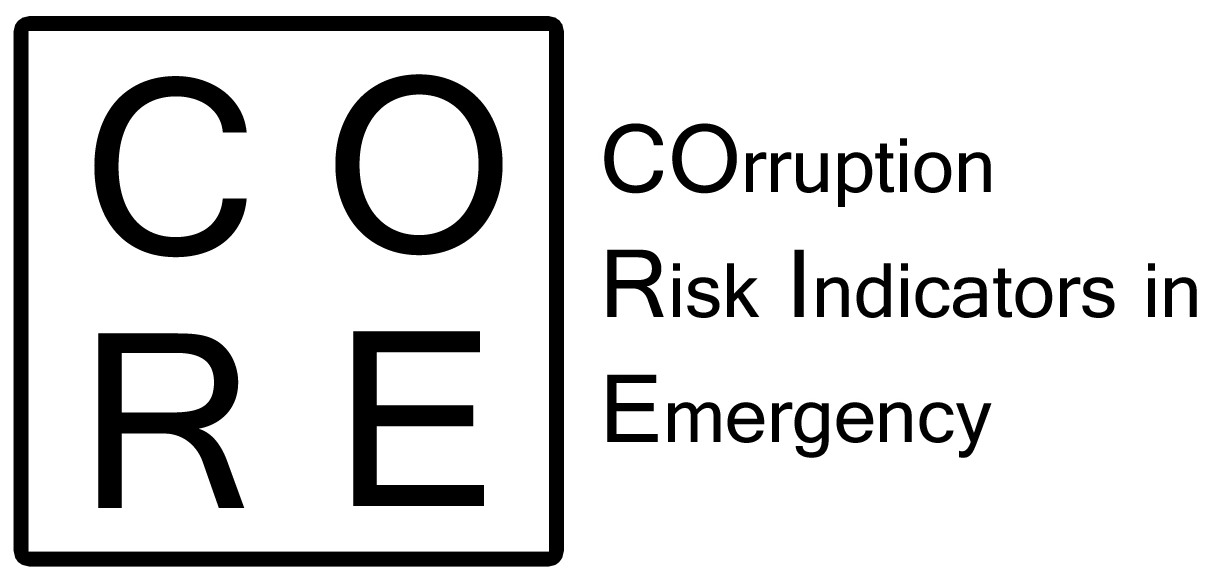Data Science represents an interdisciplinary approach, designed to address the emerging challenges presented by the Information Society. It is mainly based on Statistics and Computational Sciences methods and algorithms, suitably supplemented by the Knowledge of a specific domain such Sociology, Health-care, Business, Ecology… . Data Sciences employs and/or develops suitable methodologies and algorithms for the objectives of new knowledge discovery, making predictions also for, futures scenarios and decision-making in an increasingly complex landscape. This complexity often stems from the presence of large volumes of diverse data types (numeric, ordinal, nominal, symbolic data, texts, images, sounds, data streams, multi-way data, social networks, knowledge graphs, etc.) originating from various sources (surveys, official data, open data, social media, data based on expert’s opinions and evaluations, sensor’s device, transactions, production processes, experiments, simulations, etc).
The aim of the conference is to depict the challenges and the opportunities that the “data revolution” poses to social research, by statistics and computational sciences in the framework of data science. The availability of new data offers to social research great opportunities to enhance knowledge – and face the new challenges about the future – on some key research areas (i.e. sustainable development, social inequalities, public health, communication and future studies).
The objective of the conference is to take stock of the state of the art and look at the future of what we could define as Social Data Science.
From this perspective, this conference encourages the methodological and algorithmic contributions of the disciplines underlying Social Data Science, without neglecting the role that integration with appropriately codified domain knowledge can have in the insights and future developments of social research. The conference will pay particular attention to applications in key areas of social research without neglecting the problems connected to the new data from a qualitative and quantitative point of view and to the respective sources. Finally, it is important to consider aspects related to ethical issues as well as the training of new professional figures for Social Data Science. The DS&RS Conference 2024 is therefore a unique opportunity for social data scientists, classical social scientists, and researchers, as well as professionals and public decision-makers, to meet and discuss.
Among the speakers: S, Gnaldi M, Del Sarto: “Unveiling Corruption Risks in Public Procurement: The Imperative of Big Data Management”

